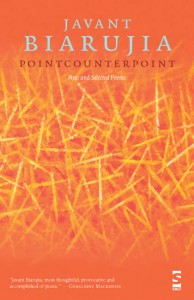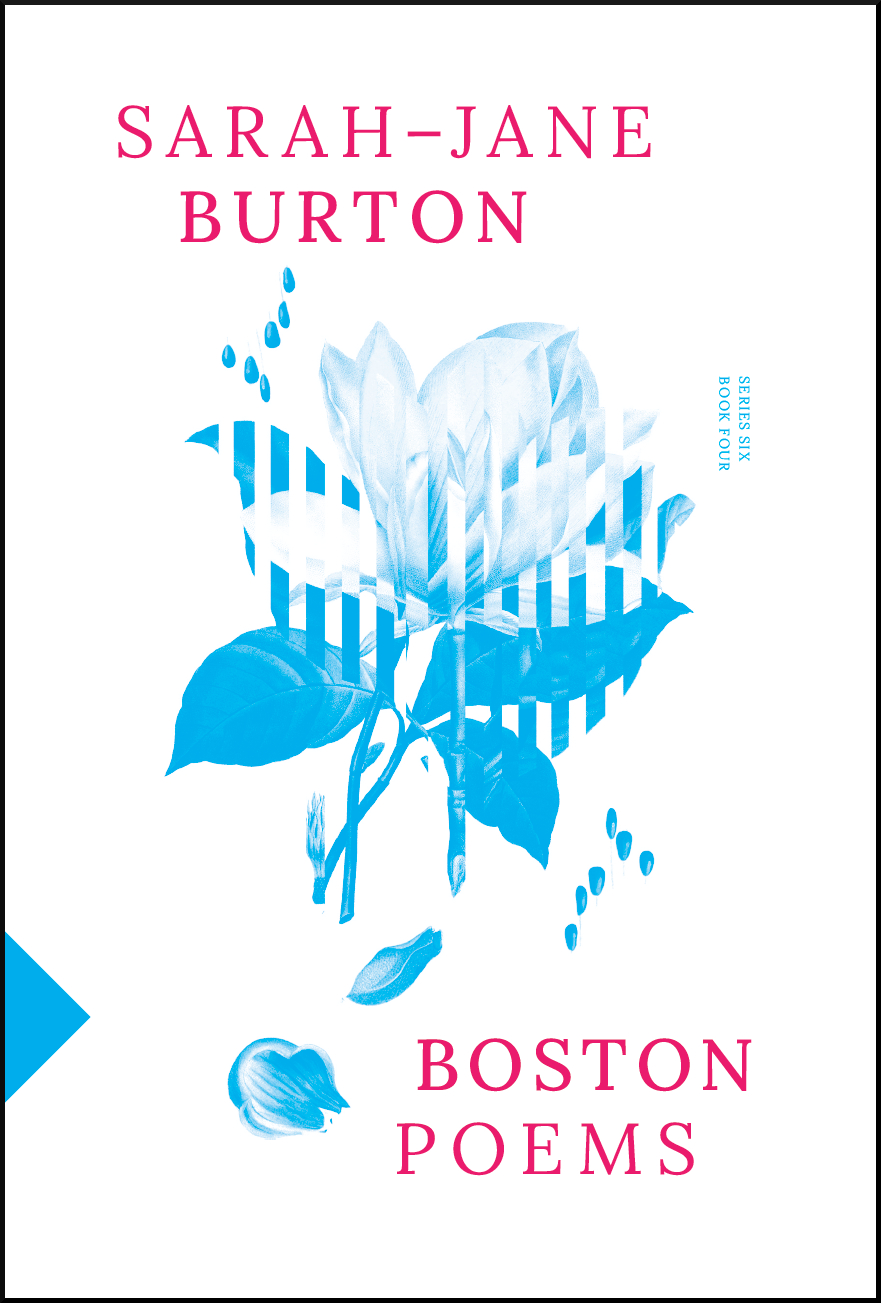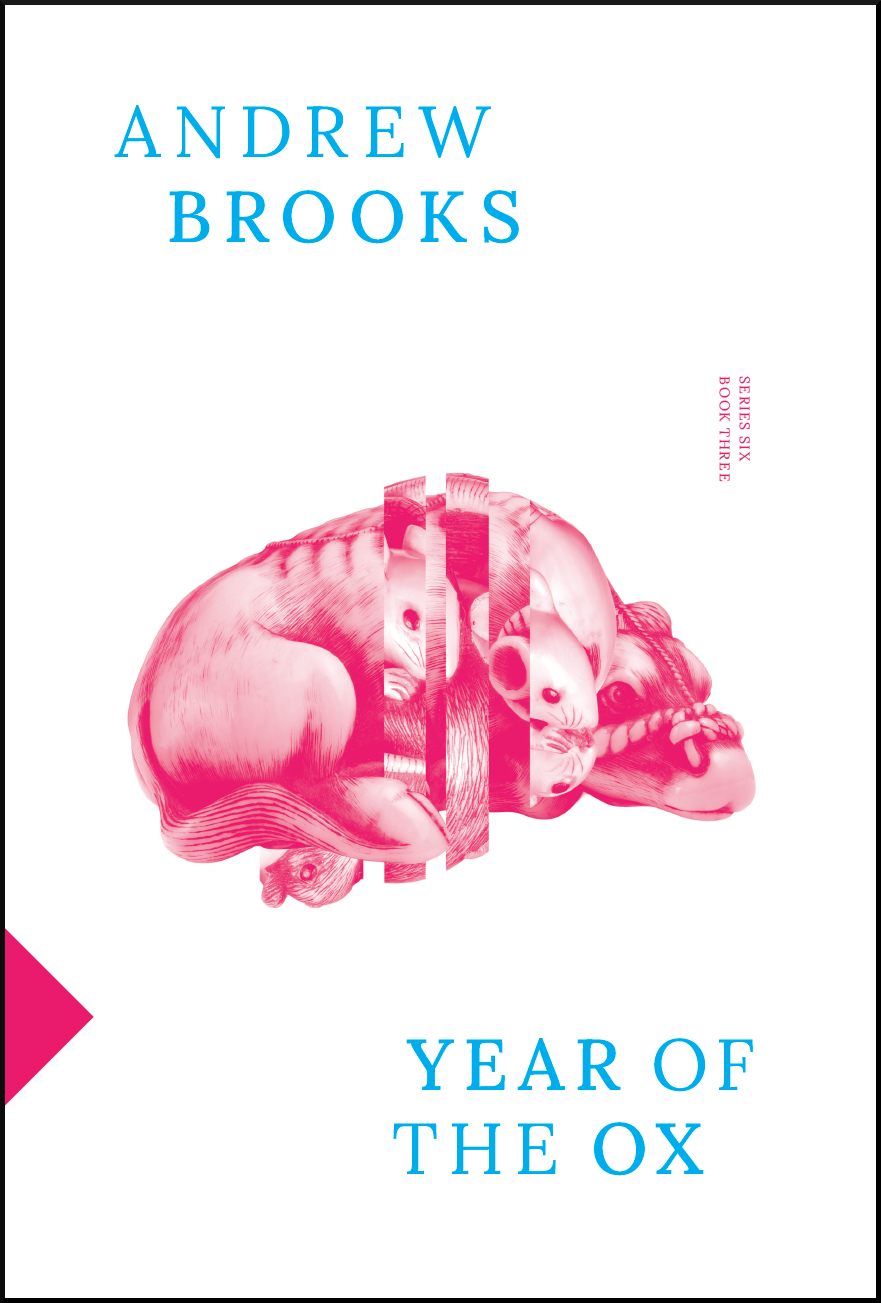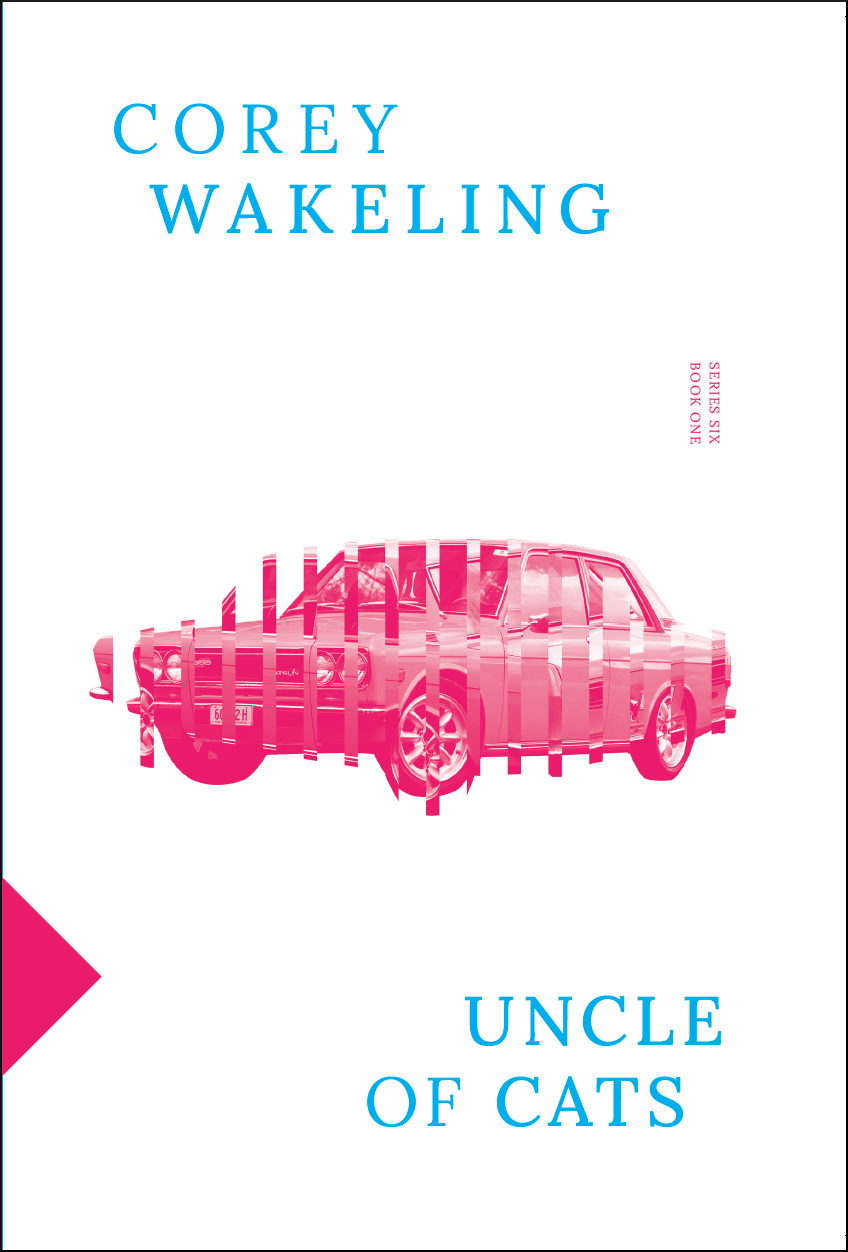 Anonymous Premonition by Yvette Holt
Anonymous Premonition by Yvette Holt
University of Queensland Press, 2008
pointcounterpoint: New and Selected Poems by Javant Biarujia
Salt Publishing, 2007
Wild Bees: New and Selected Poems by Martin Harrison
University of Western Australia Press, 2008
To read these three recently published collections of Australian poetry is to appreciate the breadth of the field, the many different modes employed within it, and the individuality of its practitioners. Radically divergent in their interests, these poets nonetheless share a strong undercurrent of compassion in their work, even though it finds varying forms of expression. One early career poet and two established poets, these writers represent distinct moments in the practice of their craft, and each has their own recognisable politics.
Yvette Holt takes up a kind of urban lyricism in her d?©but collection, Anonymous Premonition. Holt, a member of the Bidjara Nation and winner of the 2005 David Unaipon Award, presents an activist poetics of social justice, Indigenous rights and feminism. Arresting, often moving and sometimes cheekily humorous, Holt's words rely on a subjective and strident voice. Through the interlocution of the storyteller, Holt conveys the distresses of personal and communal history alongside the promises of the future. These poems privilege voice over textual form, employing rhyme, assonance, consonance, repetition and alliteration as ways of foregrounding the vocal act at the heart of this poetry.
Holt's verbal mode drives the line across the page to drive the statement, and her poems are structured around the rhythm of the breath, rather than the aesthetics of textual space. Many of the poems map urban landscapes, and most employ an effective contemporary vernacular, as in the title poem:
lost in emotional transit
attempting to wrestle the weekend newspaper
like a predator hunting down bad editorial reviews
flirting with disposable columns buried beneath ink
pulsating to the rhythm of saturday morning folklore
at the crossroads of latte or flat white
somewhere in Newtown
The urgency with which these lines resist punctuation (also evident in the movement implied by the progressive tense) is typical of the pace of this collection – no doubt inspired by the exigency of its politics.
Indeed, in Anonymous Premonition, the act of writing is itself imbued with the politics of power, the fierce colonialism of Australian history, and the threat of language as a mechanism of control. In 'Dream Catcher,' Holt registers the potential menace of this medium:
untreated wounds
torment these foetal pages
like stale whisky painting a forgotten moon
words incinerate
language burns
chapters incarcerate
darkness engraves our tainted bodies
Elsewhere, however, poetry becomes the force with which to confront injustices or to reinscribe histories. As Holt demonstrates, poetry can document in its role as a record; it can reinterpret in its role as creative act:
I scribble your reply down in my diary
You call my journals a montage for emotional panel beaters
Mosaic pieces of a separate existence
I count the smoke rings departing your mouth
One by one they land by my side
Symmetrical circles of current addiction encased in blue shades
Here, in 'Win, Lose or Draw,' Holt uses poetry as a logic in its own right, leaving unanswered the accusatory challenge of the second person, which is effectively displaced by the deployment of symbolism – it is dissipated in those smoke rings and (almost literally) put to the side. The 'separate existence' cited here as the poetic realm, allows Holt to negotiate the inequality and the injustices suffered by Indigenous Australians at another level. Through her poetry, Holt mourns for the Stolen Generations, advocates for social initiatives such as 'Closing the Gap,' and registers the ongoing trauma of disinheritance.
Poetry, at this level, is harnessed as a way of speaking out, of marking history indelibly. This is an activism of inscription, as can be witnessed in 'A Line in the Sand':
now all alone, waiting for sunlight
there is somebody's daughter on the floor in the cell
as helpless as the day she was bornthe ocean waits for the woman in the cell
calling her name welcoming her home
the struggle for justice continues
for the blood of our sisters and brothers
the line in the sand has now been marked
In pointcounterpoint: New and Selected Poems, Javant Biarujia takes on a very different linguistic project. Where Holt focuses on voice as a channel of communication, Biarujia focuses on the potency of the word as semantic unit and cultural signifier. With its innovative, restless poetics, pointcounterpoint simultaneously interrogates and celebrates the written word, engaging in (mis)translations, wordplay, puns, onomatopoeic lines, and linguistic imagery. Biarujia, erudite wordsmith and multilingual speaker, shifts through languages like gears, never letting his poetry settle in either linguistic transparency or aesthetic convention. As such, the reader may require at least one dictionary at hand (and, ideally, fluency in a couple of languages) in order to negotiate the scope of this collection. These are poems which register the importance of the epigraph and the intertext. In their interest in hieroglyphics, phonetics and etymology (not to mention double entendre, omission, deconstruction), these poems pursue the cryptic transfigurations of language.
The influences of modernist aesthetics, postmodernist logics, L=A=N=G=U=A=G=E poetry, hypertext and the cultural and material spaces of painting, theatre and film can be felt in pointcounterpoint. Amongst this collection's myriad topoi are the politics and poetics of sexualities, the science of linguistics, the ethics of belonging, and the burden of existence. At the levels of the textual, the paratextual and the metatextual, this is a poetry that is interested in the notions of the original and the counterfeit, of reading and re-reading.
At times unsubtle, at others inscrutable, pointcounterpoint oscillates in tone. Hence, its communicative register moves from the profane, to the cryptic, to the absurd, to the humorous. Between older and newer material, a shift can also be felt from cultural to political analyses, although these are never entirely distinct practices. It is a kind of twilight space that Biarujia's work inhabits, in which all of these shifts can take place without contradiction. This is the space of 'Limousin,' a space which is at once temporal, intellectual and physical:
The present is a cascading river and a sluice-gate. The present is in danger of slipping. The present is abrogation of the past and exaggerated indifference to the future. The presence is in its own hour; it cannot be padded like a chair or a book. – I love the late afternoon light, the word crepuscule even more. I love you.
Shadows deepen in the folds of
the pines across the river-.
Like this potent present, poetry is also a realm of possibility for Biarujia, fomenting endless production. As the focus changes in 'Limousin' from image, to idea, to statement, to image, poetry is also constructed as embracing constant flux.
The spirit of arbitrariness and experiment fuels pointcounterpoint. It is no surprise, therefore, that many of its landscapes (like the book's title words) merge into one another, undercutting the false security of rational distinctions or solid truths. In 'Low/Life,' this merging occurs again at twilight:
The figure of the flautist disappears into the flickered twilight, the serpent's slough of cloud. (The desire to retreat between the virtue of day and vice of night is mere peasant superstition, fear of exile, ruination, collapse of the body.) The rational disappears, too.
Biarujia's expulsion of the rational is evident throughout pointcounterpoint, as he invests instead in the liminal and the parodic. He invokes liminality to great effect in 'Being, Its Own Reward,' and employs highly successful parody in the long poem-essay 'Minotaur'. In the former, something like a poetics (or its critique) is sketched, where 'Understanding is not the point. The imagination is the point, where metaphor knows the Tropez.' With typical playfulness, Biarujia situates this poetics at the limit between seriousness and mock postulating; or between intention and effect:
-Losing myself in the spontaneous overflow, from Aristotle's Poetics to Marjorie Perloff's 'poessays'. As much as I can. I forget the currents, finding my own level, above and below consciousness.
We might call this a poetics of the overflow (or is it a poetics of the undercurrent?). The consistent ambiguity engendered by Biarujia's parodies is celebrated in 'Minotaur,' which takes on the relationship between art and life:
-The West's great theme is Anxiety; or as Freud put it, dissociation. It drives politics, it controls peoples. Its libidinal element fuels armies (the West loves a man in uniform). It is a maze, full of ambages and blind-allies, wheels within wheels, wherein we have become lost, risk going mad and die.
Here, Biarujia demonstrates the intellectual acuity with which his humour is laced. The sharpness of the mind behind the poems is a constant presence in pointcounterpoint – in meditations on dreamscapes and films; in love poems and elegies – and it is this quality that informs Biarujia's description of Australia in 'The German Consulate in Melbourne,' as:
-the explorers' strange land, where style stood preontological to Hegel, & prephenomenological to Husserl; where the body was subjected to nothing more than an ozone-depleted Atlantide or the brunt of a bronzed sun in paradise.
This partly ironic, partly prelapsarian Australia – which is also the New World – is certainly not the landscape of Martin Harrison's Wild Bees: New and Selected Poems. Although Australian landscapes and ecologies are sung through Harrison's poems, this Australia is not constructed as imagined or idealised (though it is a poet's picture). Rather, Harrison presents Australia as a tableau of minute details. With neither the subjectivism of Holt's book, nor the heightened self-reflexivity of Biarujia's, Wild Bees is a collection which maps its world with poetry that operates like a microscope. Often logging coordinates such as wind, birds, land and water, Harrison's poems place an analogous emphasis on their own formal features. Where his early work is heavily rhythmic, Harrison's recent poetry relaxes in movement, but retains the impressively acute line, which is evident even in prose pieces.
For all its attention to physical detail, Harrison's poetry nonetheless promotes many ways of thinking and re-thinking the country. To witness the consistent attention to this practice across his oeuvre is to appreciate his particular skill in perceiving and predicting the multiple ways in which this country has been and might be experienced, by all of its inhabitants – a point which Harrison makes in an interview with Adam Aitken in Cordite in 1998. In his 'Bronzewings with Lightning,' the birds and their landscape define each other, but both are understood as transient, which in this case can mean reinterpretable. The bronzewings are able to metamorphose in and out of the landscape,
such being the quiet which lets them melt
into pale straw, grey stone, fallen timber,
inexpressibly at home in tree-scattered country,
country with no edges
stretched with broken, rusty fences –
a delicate, traipsed-through, low-grade patch
in need of losing its melancholy,
of being restored, re-thought, re-lived –
The bronzewings' quality, of being situated in the country whilst being able to transcend it, is also a feature of Harrison's poetry. Most often, this multi-directionality is achieved through similes – the most predominant formal mechanism in Wild Bees – which create parallel landscapes to shadow local antecedents.
The emphasis on the local in Harrison's work often inspires vivid portraits of Australia, where the figurative and the literal cohabit, as in 'Grass-Parrot':
Out there, heat-blurred across paddock glare,
dark trees float along the horizon's line:
bushes are wallabies, swivelling their ears.
Through my hair, hot wind's flooded creek.Cloudless sky moves, without seeming to,
in an eye-blink over the Silver City Highway.
There are countless examples throughout Wild Bees of this bifocal gaze, where external and internal landscapes cohere; where country and city intersect. Often registering changes in climate or light, or almost imperceptible movements, Harrison's poetry gives you the sense that his pen lies in wait for these moments of new or sharper focus, which this poetry is undoubtedly captivated by.
There is a sense (albeit unlikely) in which Harrison's and Biarujia's poetics are aligned. To use Harrison's words from 'An Ordinary Communication':
This, then, is translation
out of ordinary space –not word for word,
but as someone might feelsitting outside, in dusklight,
hearing bells and traffic-
Across the work of all three poets, it is possible to appreciate a complex negotiation with 'ordinary space,' which plays out at many levels – from the real, to the abstract, and everywhere in-between.
Bridie McCarthy is a writer and researcher living in Melbourne.













